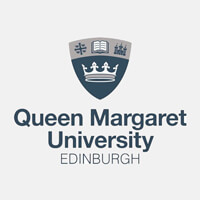fees waived
Nutrition, BSc (Hons)
Queen Margaret University, United Kingdom
Subject ranking
UK / The Times 21st
UK / CUG 50th
UK / Guardian 74th
Costs
food & rentS$16.8K / year
Entry requirements
Scholarships
6 available
11 - 20 available
More than 50 available
Limited quantity
Information
Code
Intakes
Website (External)
Programmes
Information
Duration
2028
This four-year course will give you the theoretical understanding and practical skills that you will need to build a rewarding career as a nutritionist. On this course you will learn the scientific and social importance of nutrition in a modern university with advanced equipment. Integrated real-world voluntary experience will foster your practical skills. The nutrition course at QMU is accredited by the Association for Nutrition (AfN)* which will allow you to register with the AfN upon graduation. The field of nutrition affects everyone in the world every day and has grown in importance in recent years. The science of nutrition employs evidence-based approaches to highlight the relationship between our diet and health, and it enables us to optimise health and prevent disease.What and how we eat is vital to individual and community health and it is an engaging and rewarding subject to study. If we are what we eat, then nutrition can tell us a lot about who we are, how we live and how we can improve the health of society. As a science, nutrition looks at how food affects the functioning of the living organism. It includes the study of food composition, how it is digested and absorbed, the production of energy, elimination of wastes and all the syntheses that are essential for growth, maintenance, and reproduction across the life cycle.
A local representative of Queen Margaret University in Singapore is available online to assist you with enquiries about this course.

